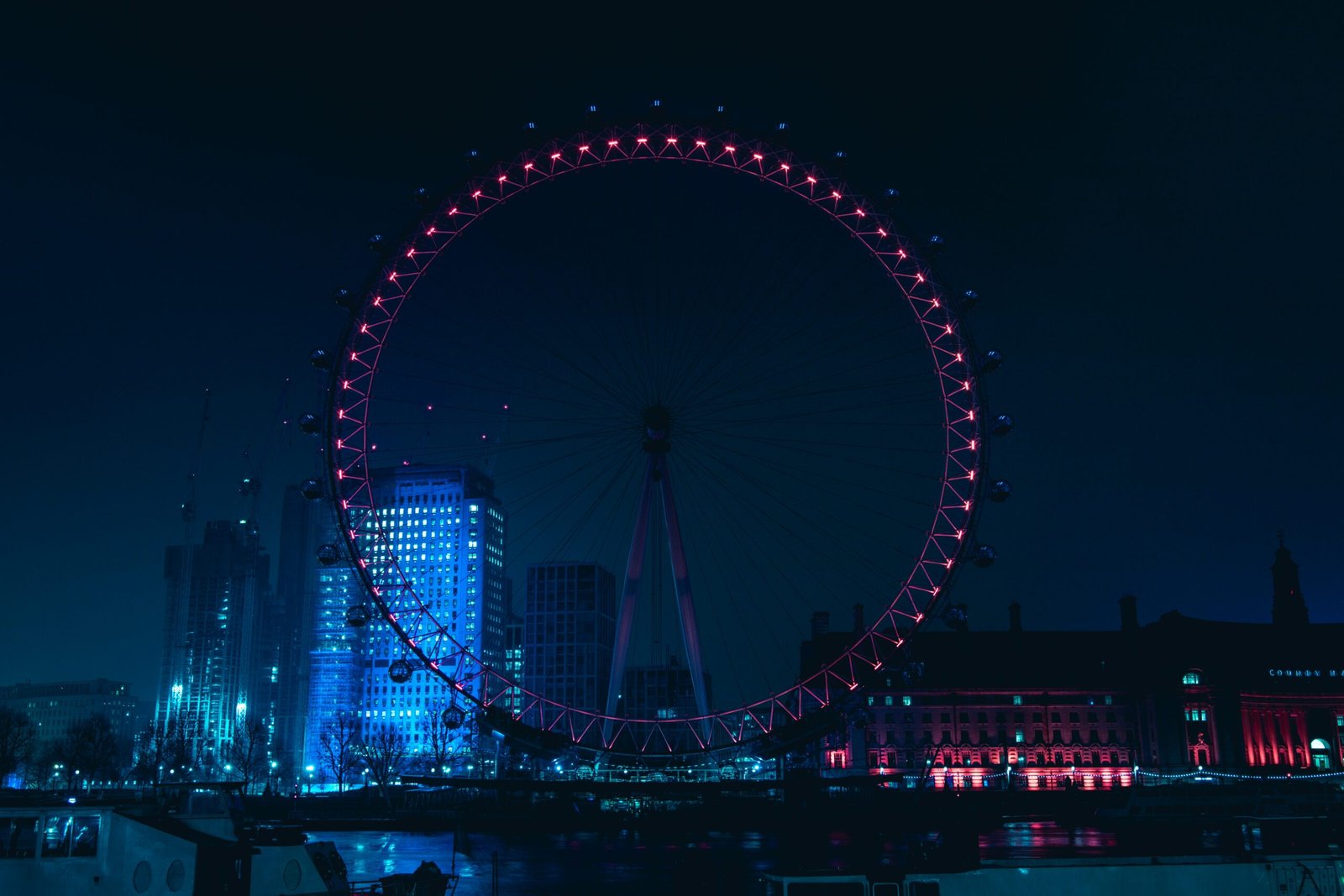
The Impact of “Where Have All the Cowboys Gone?”
As the song gained popularity, it sparked a broader conversation about gender roles and expectations in society. The lyrics of “Where Have All the Cowboys Gone?” spoke to a longing for a traditional, chivalrous man who would sweep a woman off her feet and provide for her. This sentiment struck a chord with many listeners who were grappling with the shifting dynamics of relationships in a rapidly changing world.
However, as time went on, the question posed in the song took on a deeper meaning. It became less about the search for a specific type of partner and more about the disappearance of certain values and qualities in society as a whole. The term “cowboy” came to represent not just a romantic ideal, but also a symbol of strength, integrity, and a willingness to take risks.
In the years since the release of “Where Have All the Cowboys Gone?”, society has undergone significant changes. Traditional gender roles have become less rigid, and women have gained more independence and agency. While these advancements are undoubtedly positive, they have also led to a reevaluation of what it means to be a “cowboy” in the modern world.
Today, the term “cowboy” can be seen as a metaphor for anyone who embodies the qualities of courage, resilience, and a willingness to stand up for what they believe in. It is not limited to a specific gender or occupation but rather encompasses a mindset and a set of values that are timeless.
So, where have all the cowboys gone? They haven’t disappeared entirely; they have evolved and adapted to the changing landscape of society. They can be found in all walks of life, from the firefighters who risk their lives to save others, to the activists fighting for social justice, to the everyday individuals who show kindness and compassion to those in need.
Paula Cole’s song may have sparked the initial question, but it is up to each of us to redefine what it means to be a “cowboy” in our own lives. It is a call to embrace the qualities that make us strong and resilient, to stand up for what we believe in, and to strive for a world where these values are celebrated and upheld.
The Impact of “I Don’t Want to Wait”
As the opening chords of “I Don’t Want to Wait” fill the airwaves, listeners are immediately transported to a world of raw emotions and introspection. The song’s lyrics delve into the universal theme of longing and the fear of missing out on life’s precious moments. Paula Cole’s soulful voice, filled with vulnerability and longing, adds an extra layer of depth to the already poignant lyrics.
The haunting melody of “I Don’t Want to Wait” perfectly complements the song’s emotional weight. The gentle piano and subtle guitar strums create a melancholic atmosphere, evoking a sense of nostalgia and reflection. Each note seems to carry the weight of the singer’s yearning, as if the music itself is a vessel for her emotions.
One of the reasons why “I Don’t Want to Wait” resonates with so many listeners is its relatability. The song captures the universal experience of feeling stuck in a moment, desperately wanting to move forward but fearing what the future may hold. Whether it’s the fear of missed opportunities or the uncertainty of what lies ahead, the lyrics strike a chord with anyone who has ever felt the weight of time slipping away.
Moreover, Paula Cole’s ability to connect with her audience on a profound level is evident in every word she sings. Her vulnerability shines through in the way she delivers each line, making the listener feel as if they are experiencing the same emotions alongside her. It is this genuine connection that has made “I Don’t Want to Wait” a timeless classic.
Furthermore, the success of “I Don’t Want to Wait” can also be attributed to its universal appeal. The song’s themes of longing and the passage of time are relatable to people of all ages and backgrounds. Whether you’re a teenager yearning for the future or an adult reflecting on the past, the lyrics resonate on a deeply personal level.
It is no wonder that “I Don’t Want to Wait” became a staple on radio stations around the world. The song’s emotional depth and universal appeal have made it a timeless classic that continues to touch the hearts of listeners to this day.
Paula Cole’s Impact on the Music Industry
Not only did Paula Cole’s music break new ground in terms of genre blending, but her lyrics also tackled important social and personal issues. In her song “Where Have All the Cowboys Gone?” she addressed gender roles and expectations in relationships, challenging traditional notions of femininity and masculinity.
Paula Cole’s willingness to address these topics in her music made her a trailblazer in the industry. She was unafraid to use her platform to speak out about issues that were important to her, and in doing so, she inspired a generation of artists to do the same.
Another aspect of Paula Cole’s innovative pop is her use of unconventional instruments and production techniques. In songs like “I Don’t Want to Wait,” she incorporated elements of electronica and trip-hop, creating a unique sonic landscape that was ahead of its time.
Furthermore, Paula Cole’s live performances were a testament to her artistry and creativity. She was known for her dynamic stage presence and her ability to captivate audiences with her passionate performances. Whether she was playing the piano or belting out a powerful ballad, she had a way of connecting with her audience that was truly special.
Overall, Paula Cole’s innovative pop music not only pushed the boundaries of the genre but also challenged societal norms and expectations. Her unique blend of genres, powerful vocals, thought-provoking lyrics, and captivating live performances solidified her as a true icon in the music industry.
The Impact of “This Fire”
The impact of “This Fire” extended beyond just Paula Cole’s career. The album’s success marked a turning point in the music industry, particularly for female artists. Prior to “This Fire,” the pop genre was dominated by male artists, with female musicians often being pigeonholed into specific roles or styles. However, Paula Cole’s willingness to break away from the traditional pop sound and explore new musical territories challenged the status quo.
By infusing elements of folk, jazz, and rock into her music, Paula Cole showcased a level of artistry and creativity that was rarely seen in mainstream pop. Her unique sound resonated with audiences, and “This Fire” quickly became a cultural phenomenon. The album’s critical acclaim and commercial success not only solidified Paula Cole’s status as a talented and influential artist but also opened doors for other female musicians.
Inspired by Paula Cole’s success, many female artists began to experiment with their sound and push boundaries in the pop genre. This newfound freedom allowed for greater diversity and innovation in the industry, as artists felt empowered to explore their own unique musical identities. As a result, the music landscape became richer and more inclusive, with a wider range of voices and perspectives being represented.
Even today, the impact of “This Fire” can still be felt. Paula Cole’s songs continue to be celebrated and cherished by fans around the world, serving as a testament to the timelessness of her music. Her ability to connect with listeners on a deep emotional level and her thought-provoking lyrics have made her an enduring figure in the music industry.
In conclusion, the impact of “This Fire” extends far beyond Paula Cole’s career. It served as a catalyst for change in the music industry, opening doors for female artists and inspiring a new generation of musicians to push boundaries and embrace their own unique sound. The album’s critical acclaim and enduring popularity are a testament to Paula Cole’s talent and influence, solidifying her status as a trailblazer in the world of music.




